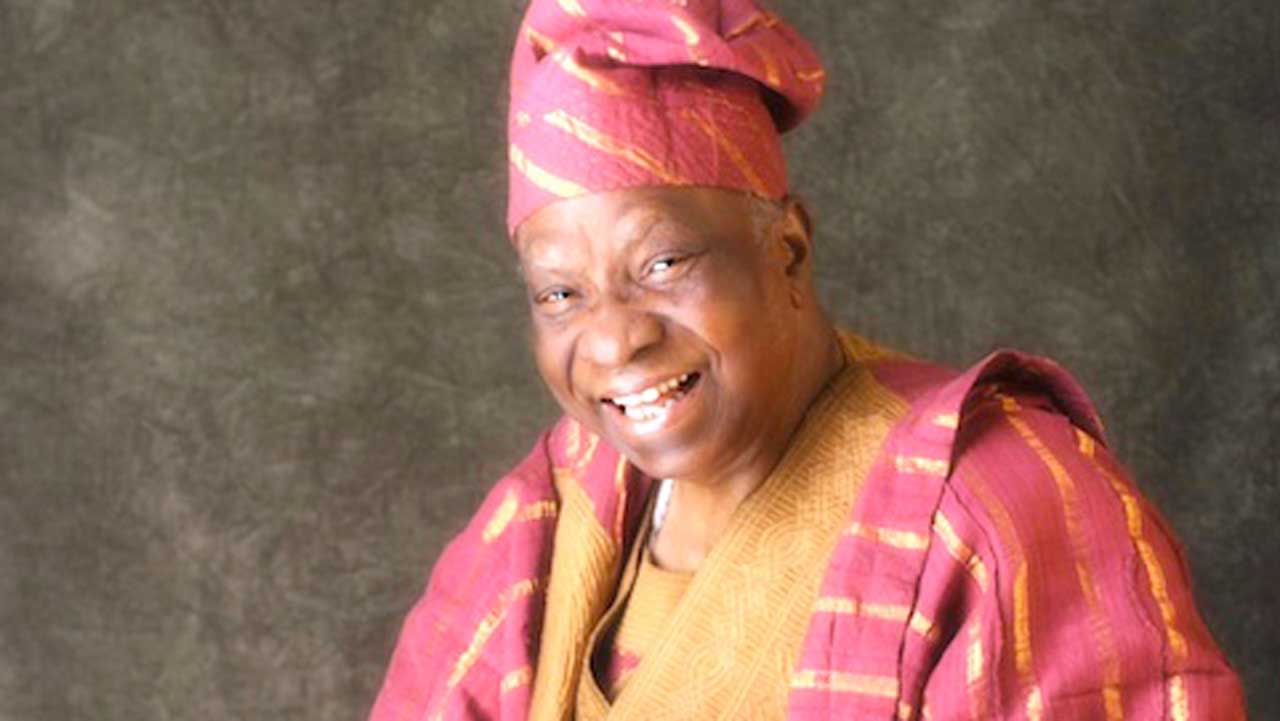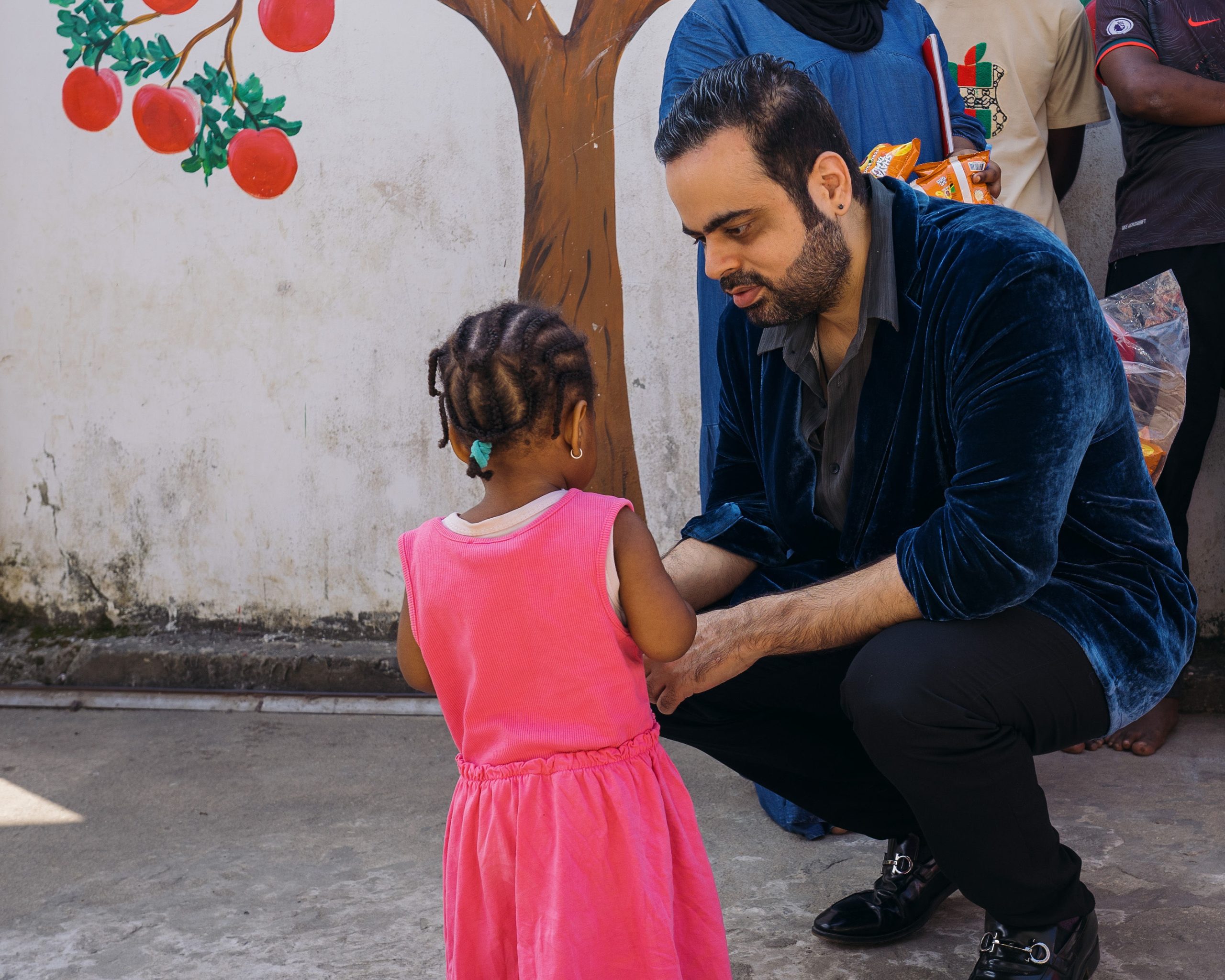
Professor Solomon Adeboye Oladele Babalola was born on December 17, 1926, into the Babalola family of Ile-Ajo, Ipetumodu and died on Monday, December 15, 2008.
His father, Joseph Olawuni Omowunmi Babalola (Ajala) was a master carpenter, renowned for the charitable re-building of homes in Ipetumodu after severe storm damage very early in the 20th Century; hence the family title “Alatunse of Ipetumodu” – “The Fixer”, a family that improves their environment.
Babalola was baptised into Christ Church of the Church Missionary Society (C.M.S.). He had a strong Christian upbringing and attended the CMS Christ Primary School, Wasimi, Ipetumodu. His father kept a very active family altar and his children were brought up to perform personal devotion daily. He was an active member of the church choir and often sang in the shower throughout his life!
In 1936, at the age of 10, Babalola was selected by his teacher, Mr. S.T. Fakoya, to sit for the entrance examination to the Government Colleges of Nigeria. This examination was held in Ibadan, and as a Standard Four boy, he competed with the big boys in Standards Six and Five. It was a good practice run; in 1937 he took the Entrance Examination to Igbobi College, Lagos and was admitted into Form One in January 1938.
Babalola accepted Christ as his Lord and Saviour while at Igbobi College, and was confirmed by the Bishop of Lagos, Rt. Rev. Gordon Vining on November 24, 1943. His teachers included Mr. Fadipe, Mr. Okubadejo, Mr. Ighodaro and Mr. Ogunlesi. Adeboye was Senior Prefect and Captain of Oluwole House from January to June 1944, before proceeding to Achimota College in the Gold Coast, now Ghana, to pursue the Intermediate Bachelor of Arts Programme, on scholarship from Igbobi College.
It was while at Achimota School, that the detailed results of the School Certificate Examination of Igbobi College was received; He had passed in flying colours – 9 ‘A’s or “alphas”. Whether or not he wanted to be popular, he had become famous!
Babalola was invited to sit the examinations to the University Section although he was given automatic admission based on his academic antecedents. Thereafter, he received the results of his B.A. Examinations – “A” Very Good in English and Latin; “B” Good in Geography and Economics.
From 1946 – 1948, he was a teacher. On August 8, 1946, he returned to Igbobi College where he was known as ”Nine-Alphas Babalola” or ”Accurate Man” – this time as a member of the teaching staff. In August 1947, he applied for the Nigerian Government Colonial Welfare and Development Scholarship. He successfully gained a scholarship tenable at Queen’s College in the University of Cambridge, England at the age of 22.
He arrived in Cambridge in October 1948 and joined the Student Christian Movement and also served as the Secretary of The African Student’s Club.
It was at Cambridge that he responded to a request by the BBC West Africa Service to submit English verse translations of the oral poetry of their people.
Babalola translated Yoruba texts of “Ijala”, chants, which Yoruba hunters traditionally entertain themselves with. The entries were adjudged the best and were to be broadcast by Babalola on the West Africa Service Programme styled “Calling West Africa.” He was paid a fee for studio recordings! Mr. Swanzy of the BBC then forwarded the translations to the Editor of the Royal African Society’s Journal “African Affairs” for consideration for publication. The editor did publish this English blank verse translation in successive issues of the journal, and the praise he received was more valuable than the fees withheld by the editor! Babalola graduated with a B.A. Honours degree from the University of Cambridge in 1951 and was subsequently conferred the M.A. (Cantab) as is the tradition of that great institution.
He returned to Igbobi College on February 12, 1952 and served as a Master. During his leisure hours, he started writing letters to the editor of the Daily Times. He played tennis with the late Pa Johnson and through that medium, made the acquaintance of the late Chief. S.O. Adebo. At this point, Adeboye first got involved with ”The Nigeria Society.”
In May 1952, he attended the funeral service of Mrs. Odeniyi (nee Kuye) who had been an acquaintance at Cambridge. After the service at St. Peter’s Anglican Church, Faji, an Old Igbobian, Mr. Deinde George came up and greeted him. They shook hands and then Mr. Deinde George introduced the girl standing beside him saying, “Mr. Babalola, you meet my sister, Miss Yimka George”.
On enquiry, she was not betrothed; she had attended the Methodist Girls’ High School and was then gainfully employed by the Nigerian Red Cross in Yaba. She proceeded to the United Kingdom to pursue the State Registered Nurse course. They agreed to get married in the U.K. when he returned to pursue postgraduate study, and exchanged Mizpah rings on which were engraved “M.O.G.” and “S.A.B.”
He was the Secretary for Igbobi College Old Boys Association, ICOBA, from 1953 to 1955, actively encouraging Old Igbobians to donate to an appeal fund for a new chapel. He pursued and was awarded a scholarship for postgraduate study. Prior to his departure, his family called on the Otepola-George family in Lagos to observe the traditional rites of marriage.
He later returned to the University of Cambridge for a postgraduate course and the young couple lived in Bishop Stortsford. While expecting their first child, they returned to Nigeria in August 1956 and resumed duties again at Igbobi College! It was at this time that they started a family with the birth of their first child, Adedayo. Later on, Funmito & Morin were born while the family lived on the Igbobi College premises.
[ad unit=2]






